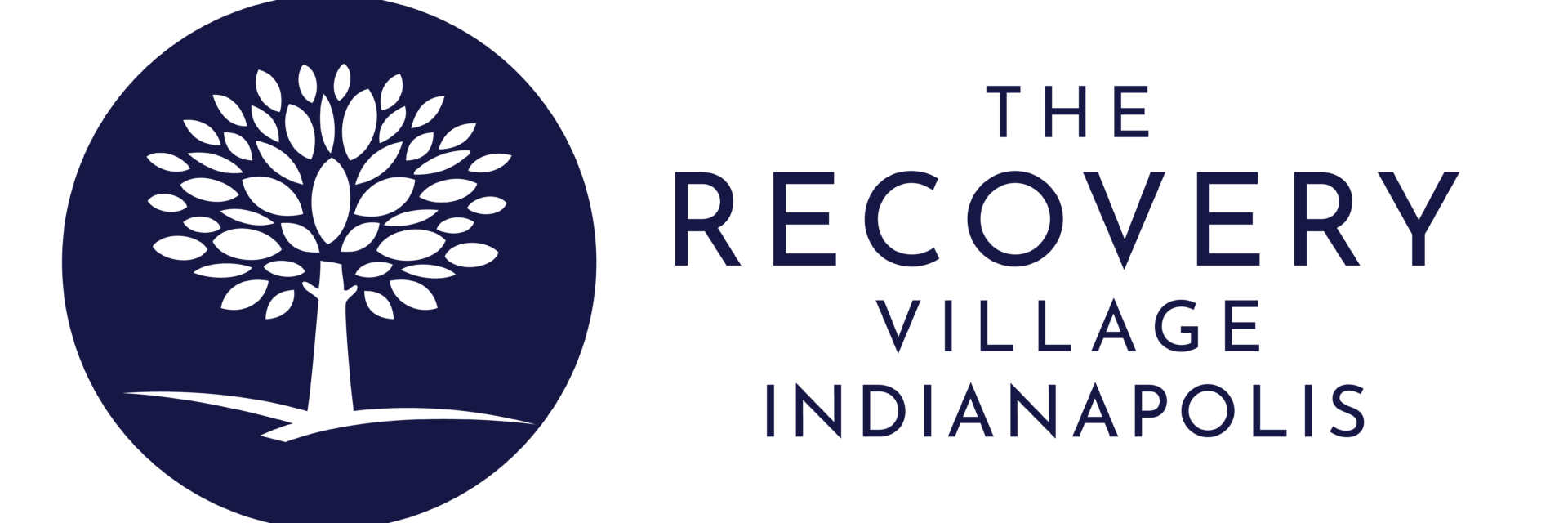Quitting Drinking Cold Turkey: Is It Safe?

By The Recovery Village Indianapolis
Editor Theresa Valenzky | Medical Reviewer Benjamin Caleb Williams, RN
Last Updated: December 1, 2023
Editorial Policy | Research Policy
When it comes to overcoming alcohol addiction, one common approach that many consider is quitting drinking cold turkey. This entails getting rid of all the alcohol you have and giving up alcohol all at once. This method, while seemingly straightforward, carries significant risks.
Alcoholism is not just a habit; it’s a complex disease that can lead to changes in how your brain functions. When you stop drinking suddenly, injuries or even death can occur if you aren’t properly monitored and treated. Understanding the risks and seeking the right support can be crucial in safely navigating the path to recovery.
What Happens When an Alcoholic Stops Drinking Cold Turkey?
When you drink alcohol regularly, your brain adjusts to its presence. It does this by becoming hyperactive to offset the suppressive effects of alcohol. This change in the brain’s neurochemistry is referred to as dependence, as your body depends on alcohol to function normally. When alcohol is suddenly removed, it takes time for your brain to regain balance, leading to alcohol withdrawal syndrome. Alcohol withdrawal is not only uncomfortable but can be life-threatening.
The severity of alcohol withdrawal syndrome varies from person to person and is influenced by factors such as the duration and intensity of alcohol use. In the initial hours and days after stopping drinking, you may experience a range of symptoms as your body and brain slowly adjust to the absence of alcohol.
Alcohol Withdrawal Symptoms
There are several symptoms of alcohol withdrawal that can range from mild to severe. The hyperactive state of your brain primarily causes alcohol withdrawal symptoms and include:
- Sweating
- Rapid heart rate
- Nausea and vomiting
- Headache
- Jumpiness
- Nightmares
- Agitation
- Tremors
- Anxiety
- Insomnia
- Loss of appetite
- Seizures
In some cases, a serious complication called delirium tremens (DTs) may develop. This life-threatening condition causes hallucinations, seizures and severe agitation. It is fatal in up to 37% of cases if not treated. Even with treatment, there is a 5% chance of death when this condition develops.
Alcohol Withdrawal Timeline
The timeline of alcohol withdrawal symptoms varies between individuals but typically follows a general pattern:
- Onset (6–12 hours after your last drink): Initial symptoms like headaches, anxiety and nausea begin.
- Intensification (12–48 hours after your last drink): New symptoms develop, and existing symptoms become more severe. Seizures may develop, and tremors, vomiting and feeling on edge are present during this time.
- Peak (48–72 hours after your last drink): All symptoms are present and at their worst. The most serious symptoms will occur during this time, and the risk of delirium tremens is at its highest.
- Improvement (72 hours to seven days after your last drink): Symptoms will gradually become less intense after your symptoms peak. As you improve, symptoms will disappear progressively until physical symptoms are gone.
While physical symptoms will be resolved within a week or two for most people, cravings, a suppressed mood and other psychological symptoms may persist for several months.
Other Potential Dangers and Side Effects of Alcohol Withdrawal
Because of the risk of seizures and delirium tremens, alcohol withdrawal is the most dangerous type of substance withdrawal. Beyond the immediate withdrawal symptoms, other dangers, such as dehydration and malnutrition, can exacerbate the withdrawal process. If you have an underlying health condition, the stress of withdrawal can also be especially dangerous.
Alcohol withdrawal can be very uncomfortable, especially if you don’t get professional treatment. This can lead to failed attempts to stop alcohol. The more times you go through withdrawal, whether successfully or unsuccessfully, the more severe the risks will be in the future. Going through alcohol withdrawal increases the risk of future withdrawals, making success vital.
Alcohol Withdrawal and Detox Treatment
Given the potential dangers and discomfort of alcohol withdrawal, medical detox is often the safest option. This process does involve stopping cold turkey, but only under professional supervision, where you can quickly get medications to manage withdrawal symptoms and prevent complications. A professional detox will also equip you to stay sober once the withdrawal is over, helping provide the first step of a long-term treatment plan that will include ongoing support and therapy to address the underlying causes of addiction and help you maintain sobriety.
Benefits of Quitting Alcohol
Despite the challenges, the benefits of quitting alcohol are substantial. Alcohol increases your risk of several conditions, including:
- Liver disease
- Kidney problems
- Brain damage
- Several types of cancer
- Stomach problems
In addition to decreasing your risk of the many medical conditions alcohol can cause, stopping drinking can lead to increased financial savings, decreased legal problems, improved socialization and many other non-medical benefits.
How To Stop Drinking Safely and Effectively
There are several major benefits to stopping alcohol use; however, it is dangerous if you go at it alone. Stopping drinking by yourself without professional help can be uncomfortable, dangerous and have a low chance of success.
Overcoming addiction, however, is not something you have to undertake alone. At The Recovery Village Indianapolis, we understand how difficult it can be to stop drinking and what it takes to succeed. If you’re considering quitting drinking or know someone who is, don’t hesitate to reach out for professional help. We are here to support you every step of the way; contact us today to learn how we can support you on your journey to lasting recovery.
Keep Reading: Drug & Alcohol Detox Diet: Best Foods To Eat While Detoxing
Sources
MedlinePlus. “Alcohol.” March 22, 2022. Accessed November 18, 2023.
Davies, Martin. “The role of GABAA receptors in mediating the effects of alcohol in the central nervous system.” Journal of Psychiatry & Neuroscience. July, 2003. Accessed November 18, 2023.
Berman, Jacob. “Alcohol withdrawal.” MedlinePlus. February 28, 2023. Accessed November 18, 2023.
Rahman, Abdul & Paul, Manju. “Delirium Tremens.” StatPearls. August 14, 2023. Accessed November 18, 2023.
Newman, Richard K.; Gallagher, Megan A. Stobart; & Gomez, Anna E. “Alcohol Withdrawal.” StatPearls. July 21, 2023. Accessed November 18, 2023.
Becker, Howard C. “Kindling in Alcohol Withdrawal.” Alcohol Health and Research World. 1998. Accessed November 18, 2023.
US Centers for Disease Control and Prevention. “Alcohol Use and Your Health.” April 14, 2022. Accessed November 18, 2023.


